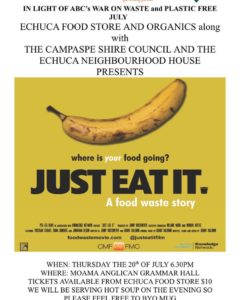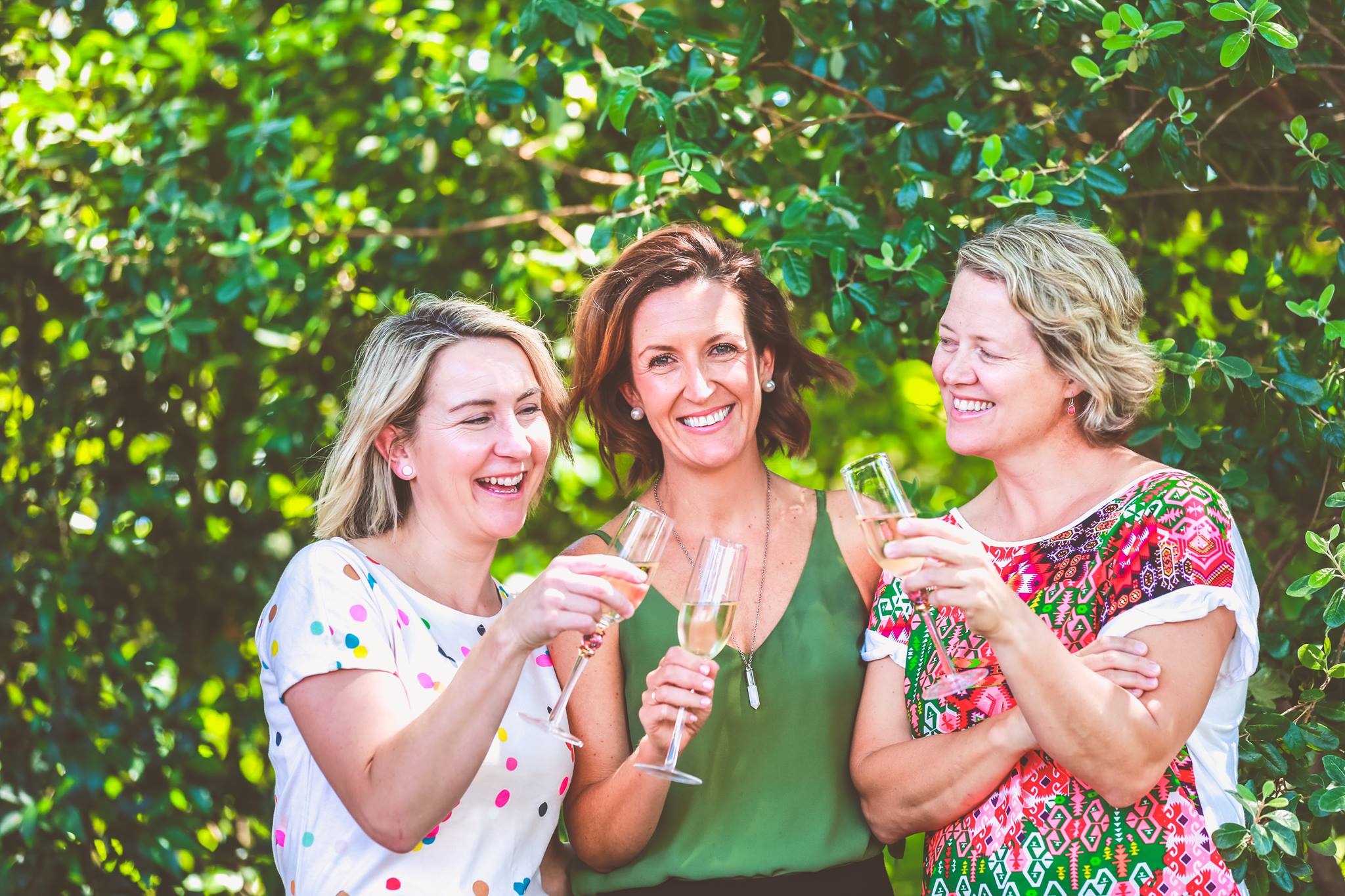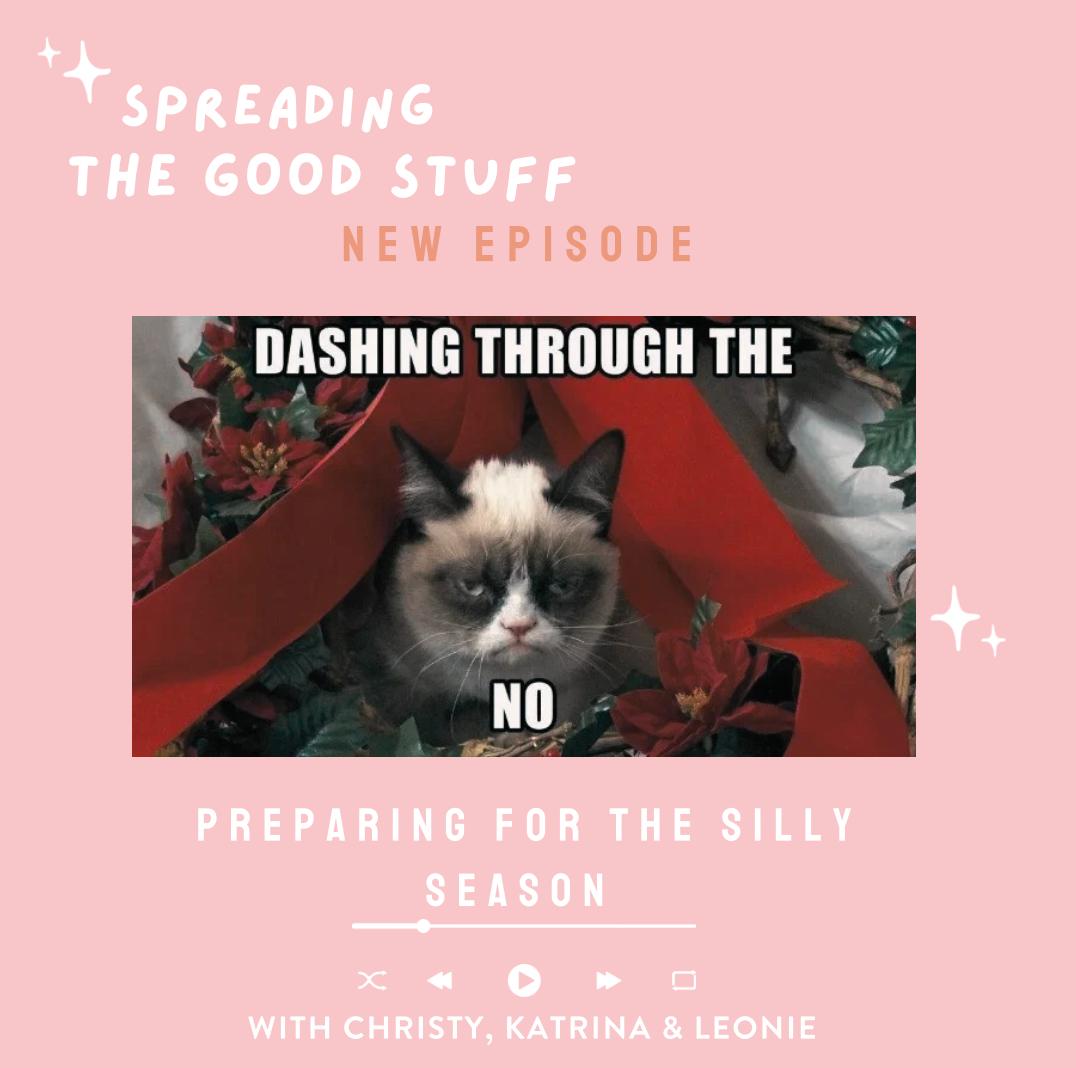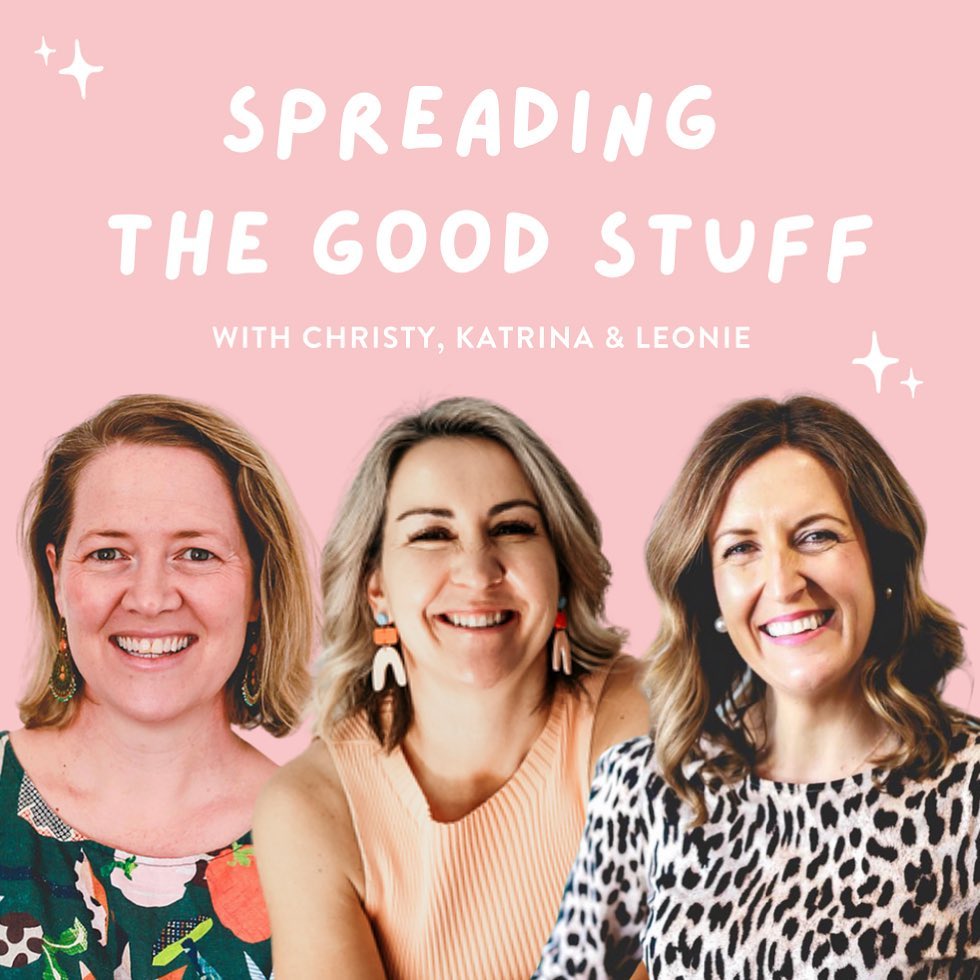 It’s Plastic Free July and in the aftermath of the recent ABC TV series War on Waste it is no longer possible to hide from our shocking reliance on single-use plastics and our love affair with ‘waste’.
It’s Plastic Free July and in the aftermath of the recent ABC TV series War on Waste it is no longer possible to hide from our shocking reliance on single-use plastics and our love affair with ‘waste’.
If like me, you have spent the best part of 10 years slowly increasing your use of plastic, consuming unnecessary packaging at the rate of knots, and welcomed in most weeks by throwing out half your fridge contents, then you would have also watched the War on Waste with shock and horror and… ‘OMG, how did I not know takeaway coffee cups were not recyclable’!
The shame!
However, this is not a #spreadingthegood stuff post about shame, blame or hiding under a rock because it is just TOO HARD to go ‘plastic free’ for one month, let alone long term!
It’s a story about how you can help alleviate the problem we have ALL created and about taking small steps to REDUCE your reliance on single-use plastics and all the very handy, convenience items we are now starting to realise are just a big fat waste!
The good news is there are so many small steps you can take to help mitigate this very large problem.
Here are some simple solutions to consider:
- Use your recyclable shopping bags – keep them in the car, remind your kids to ‘remind’ you and don’t compromise when a shop assistant automatically places your items in a plastic bag… there are always better options.
- Don’t throw your food waste in the bin. The War on Waste taught us that greenhouses gas from food waste alone ranks as the third biggest emitter in the world… scary stuff! Solutions: get some chooks, compost your food waste, make a meal plan and stick to a shopping list to reduce waste in the first place.
- Take steps to reduce the Big Four single-use plastics: take away coffee cups, plastic bags, straws and single-use water bottles. The solutions to these are pretty simple: buy a reusable coffee cup, use recyclable shopping bags, say NO to straws and take your own reusable drink bottle.
None of this stuff is rocket science but more about breaking bad habits to create space for new ones.
During July, and throughout the year, there is a strong collective of passionate individuals and organisations making a noise about our plastic usage and offering simple solutions to reduce our waste.
Locally, the Plastic Bag Free Echuca Moama (PBFEM) movement is gaining momentum and has enjoyed huge community support for its Boomerang Bags project.
Boomerang Bags Echuca-Moama (an arm of PBFEM) has been overwhelmed by support for its community sewing bees to create a stock pile of recycled bags for use as sustainable alternatives to plastic bags.
The bags, stamped with a ‘borrow and bring back’ logo on the pocket, will be made available at selected stores and community locations for shoppers to pick up when they forget their own reusable bags – genius!
Those who take a Boomerang Bag are encouraged to continue reusing it and importantly, spread the word and start a conversation with family and friends.
The success of the sewing bees will ensure more to come so get in touch here if you’re keen to help, but don’t worry if you can’t sew… there are many ways to support this volunteer group.
The Campaspe Regional Library has a fantastic display during July, organised by Campaspe Shire Environmental Projects Officer Samantha Ferrier (founder of PBFEM), which provides a wealth of information and tools to support Plastic Free July. Pop in and check it out for yourself.
Also during July, Campaspe Shire has teamed with the newly established Echuca Food Store and Organics and Echuca Neighbourhood House to present the movie Just Eat it – a food waste story. This screening on July 20 at Moama Anglican Grammar is a timely response to both the War on Waste and Plastic Free July and is tool to improve your knowledge and inspire your own plastic free and food waste campaign.
And if you’re not yet convinced about the impact of our plastic obsession or lack of responsibility when it comes to food waste, here are a few sobering facts to motivate change in your home, school, workplace or community:
- Every piece of plastic ever made still exists somewhere in the world, in some shape or form.
- Forty per cent of bananas are thrown away by farmers because they don’t fit standards set by supermarkets.
- Australian families throw out more than $3,500 worth of groceries a year.
- In 2014/15 Australians wasted 3.3 million tonnes of food – enough to fill the MCG six times.
- So much plastic ends up in our waterways and oceans that scientists predict there could be more plastic than fish in the ocean by 2050.
Do you need any more reasons to take your recycled shopping bags to the supermarket this week?
Christy xo
TSW
#spreadingthegoodstuff #plasticfreejuly #waronwaste #everyonesresponsibility


